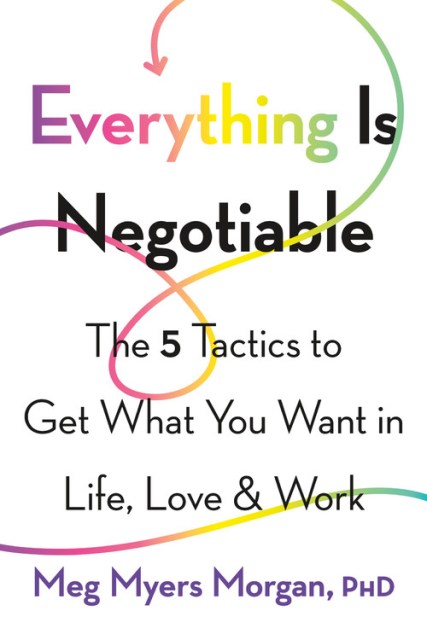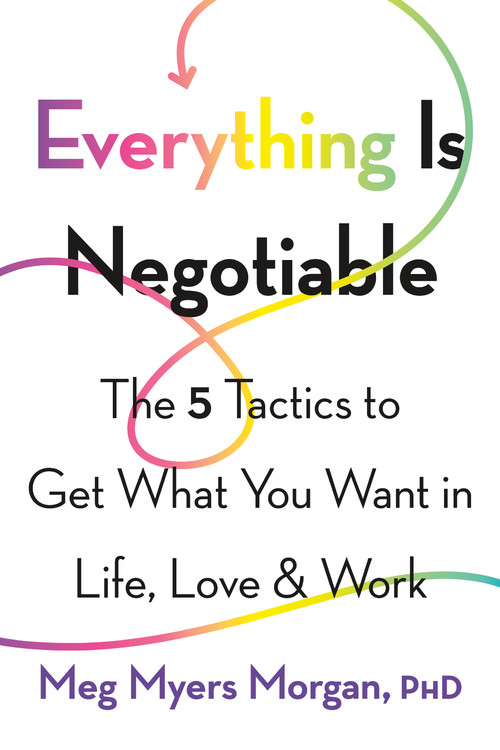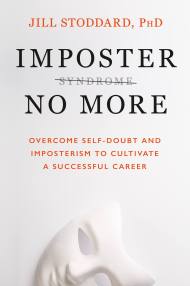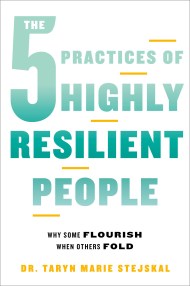Promotion
Use code MOM24 for 20% off site wide + free shipping over $45
Everything Is Negotiable
The 5 Tactics to Get What You Want in Life, Love, and Work
Contributors
Formats and Prices
Price
$17.99Price
$22.99 CADFormat
Format:
- Trade Paperback $17.99 $22.99 CAD
- ebook $11.99 $14.99 CAD
- Audiobook Download (Unabridged)
This item is a preorder. Your payment method will be charged immediately, and the product is expected to ship on or around December 4, 2018. This date is subject to change due to shipping delays beyond our control.
Also available from:
As women, many of us are stuck in feedback loops about how to be successful and happy: striving to “have it all” at work and at home, letting ourselves be pressured into giving every part of our lives 100% until we’re completely burnt-out, imagining only a strictly linear life path (college, job, marriage, kids), and accepting limitations without question. Yet the truth is, this book argues, most of the conventional wisdom about driving our life choices is total baloney.
In Everything Is Negotiable, Meg Myers Morgan deconstructs preconceived notions about adulthood, parenthood, and career paths that have us limiting ourselves. Instead of following that linear plan, for example, she urges readers to take action now for what we want — limitations be damned. With wit and verve, Morgan also tells us to forget trying to “have it all,” as the clichéhrase goes — it’ll never happen. And, Morgan argues, don’t bother trying to give 100% — we simply can’t give anything 100% attention, ever! Instead, this book teaches us to navigate life’s necessary trade-offs free of the baggage of our own expectations.
Chock full of strategies for where and when to give our limited energy, what to demand from our careers, and how to make better choices, Everything Is Negotiable is for women ready to seize the lives they really want.
Genre:
-
"Case studies of successful negotiations permeate the text, offering a solid road map for readers. VERDICT: Great advice for self-reflection and having our personal and professional needs met."Library Journal
-
"Solid and wise advice for any woman who struggles to attain the ever-stressful work/life balance (which is most of us!). Meg Myers Morgan helps women not just set their goals and achieve them, but defeat the second-guessing and doubting thoughts that so many women have."Andrea Owen, author of How to Stop Feeling Like Shit
-
"Morgan writes with wit and verve... Chock full of strategies for where and when to give our limited energy, what to demand from our careers, and how to make better choices, Everything Is Negotiable is for women ready to seize the lives they really want."800-CEO-Reads, Best Business Books of December
- On Sale
- Dec 4, 2018
- Page Count
- 320 pages
- Publisher
- Seal Press
- ISBN-13
- 9781580057899
Newsletter Signup
By clicking ‘Sign Up,’ I acknowledge that I have read and agree to Hachette Book Group’s Privacy Policy and Terms of Use







